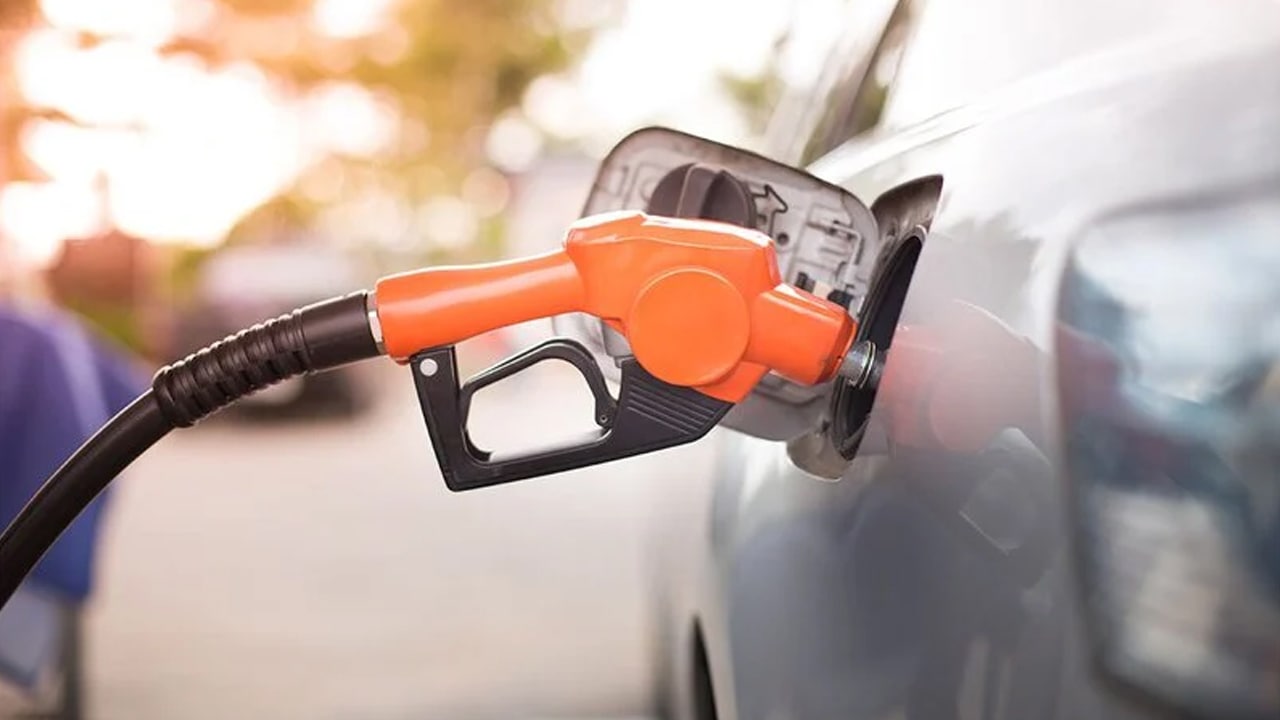According to the latest report, the California air regulator is expected to issue a measure on Thursday to ban the sale of new gasoline vehicles by 2035, while setting an interim goal to gradually ban gasoline vehicles from the road.
Starting in 2026, 35 percent of new passenger cars, SUVs, and small pickups sold in California will have to be zero-emission vehicles. This percentage will increase every year, reaching 51% of all new vehicle sales by 2028, 68% in 2030, and 100% in 2035 (and allowing only 20% of zero-emission vehicle sales to be plug-in hybrids).
JOIN TIP3X ON TELEGRAM
The California Air Resources Board will vote Thursday on the policy, which lays out the nation’s most aggressive roadmap for phasing out gasoline-powered vehicles. However, it did not outlaw these vehicles. People can continue to drive petrol cars and buy used cars after 2035.
In addition, the plan allows one in five sales after 2035 to be plug-in hybrids that can run on batteries and gasoline. But anyway, it sets a direction for the end of the era of oil cars. And given that the state is still oil-dominated, the transition could be very “painful”, as California is still the seventh-largest oil-producing state.
The climate crisis can be solved if we focus on taking the big, bold steps necessary to stem the wave of carbon pollution,” Democratic Gov. Gavin Newsom said. He announced the 2035 goal two years ago, and regulators have spent a lot of time since then laying out what Newsom said, “the actions we must take if we really want to leave this planet a better environment for future generations.”

While California accounts for only 10 percent of the U.S. auto market, the state holds 43 percent of the nation’s 2.6 million registered plug-in vehicles, according to the Air Council. California climate officials say the state’s new policy will be the most ambitious in the world, as it sets a clear benchmark for increasing electric vehicle sales over the next decade. For example, by 2026, one in three new cars sold must be electric. About 16 percent of cars sold in California in the first three months of the year were electric.
The European Parliament backed a plan in June to effectively ban the sale of petrol and diesel cars in the bloc of 27 countries by 2035, and Canada has mandated the sale of zero-emission cars in the same year. China’s Hainan province said this week that it would do the same by 2030.
Today, even in California, driving long distances in an electric vehicle requires careful planning of where to park and charge, said Mary Nichols, former chair of the California Air Resources Board. Funding from state and federal governments will help boost that infrastructure and make electric vehicles a more accessible option, she said.














